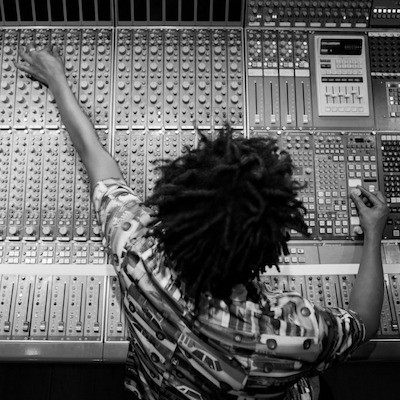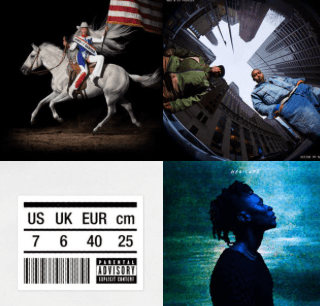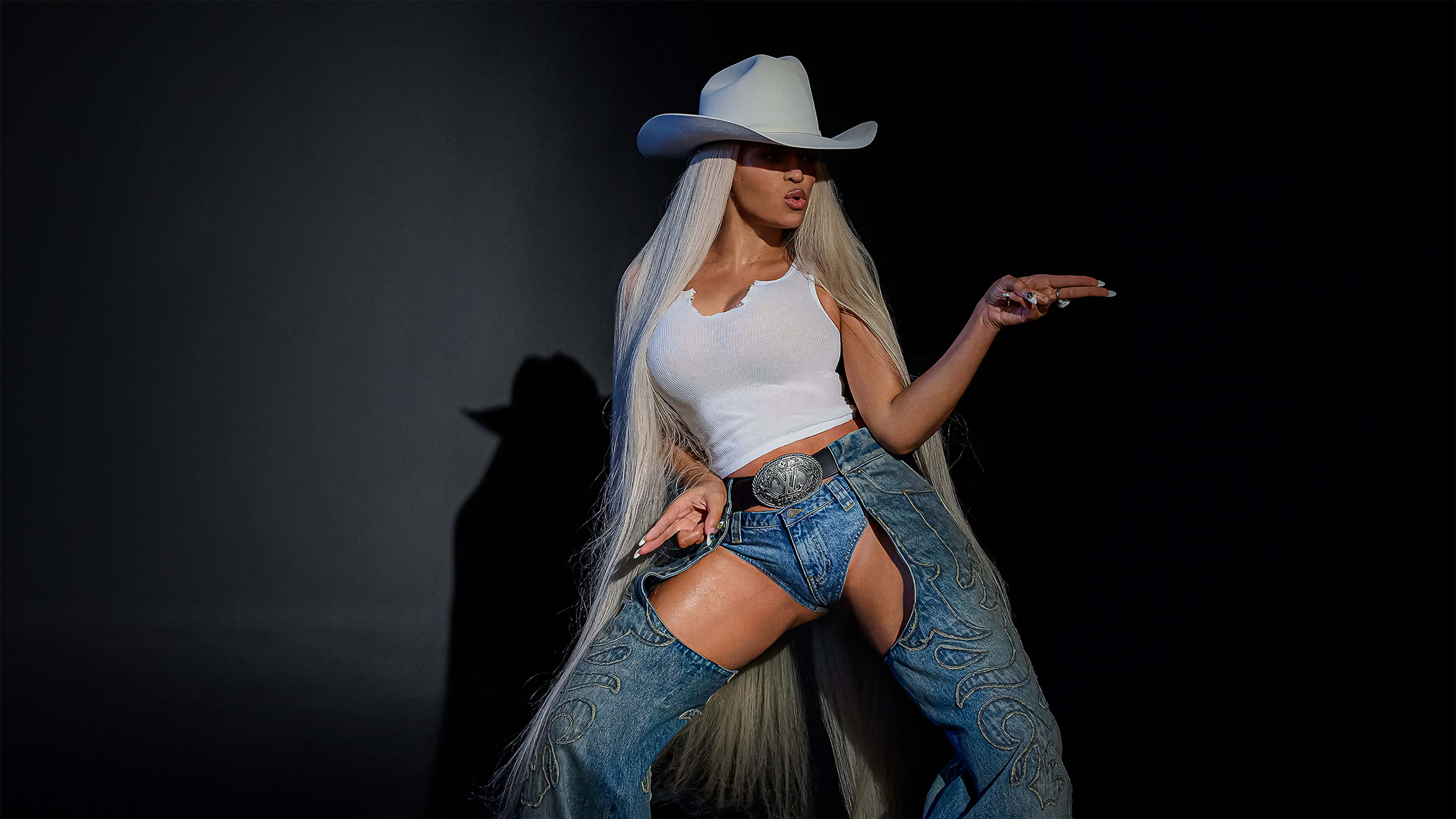By Taylor Durham
- Music sampling company Splice raised $57.5M
- The Winstons are credited with producing the most sampled piece of music in history
The art of music sampling as we know today has been around for decades, made famous by the early DJ and producers of hip-hop. Now, music creation and collaboration company Splice has raised $57.5 million in a Series C funding round. It joins the ranks of other subscription-based platforms that offer aspiring musicians access to a vast database of sampled loops, beats, hits and tracks.

Why This Matters: The most notable riffs, kicks, and hits have come from Black music and have been sampled countless times without acknowledgment or proper credit. Splice can change the game by creating new revenue streams outside of the industry standards. The twist? Splice lets musicians sell their music royalty-free and charges users $7.99 per month. This model has allowed Splice to pay out more than $15 million since 2013. The catch, are the right people getting paid?
From gospel to blues to rock to hip-hop, musicians have mastered the technique of sampling. Stevie Wonder, Michael Jackson, James Brown and The Isley Brothers are just a few of the artists that have been sampled across genres.
The Winstons song “Amen Brother” features a four-bar drum solo that has been sampled more than 3,000 times as of 2018
The Winstons, a funk band you’ve probably never heard of, is credited with producing the most sampled piece of music in history. The song “Amen Brother” features a four-bar drum solo that has been sampled more than 3,000 times as of 2018. For any other artist, this would be a dream scenario of countless royalties but the front man of the group never sought royalties for the piece. The track has been used by everyone from David Bowie to NWA. Let that sink in, a 6-second rift has crossed multiple genres and helped produce some of the greatest songs of all time.
Situational Awareness: In an era of streaming music where artists have been paid pennies on the dollar, Splice could be the next medium where Black musicians can garner more attention and generate money. The model of providing instrumentals for profit can help alleviate other industry costs and ultimately provide a passive source of income other than traditional means.
CBx Vibe: “Hip-Hop Saved My Life” Lupe Fiasco









